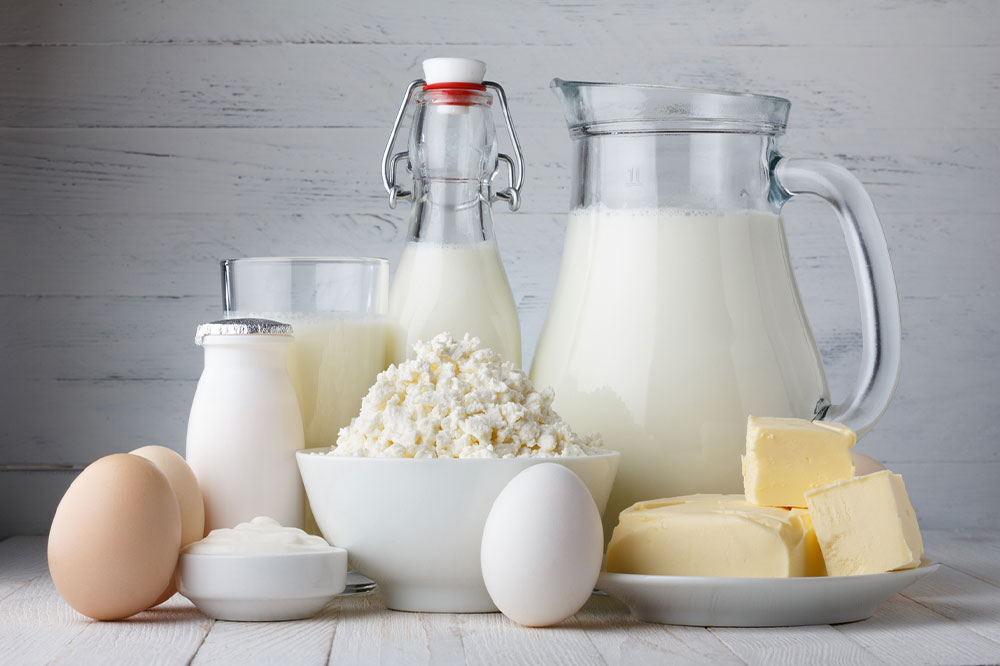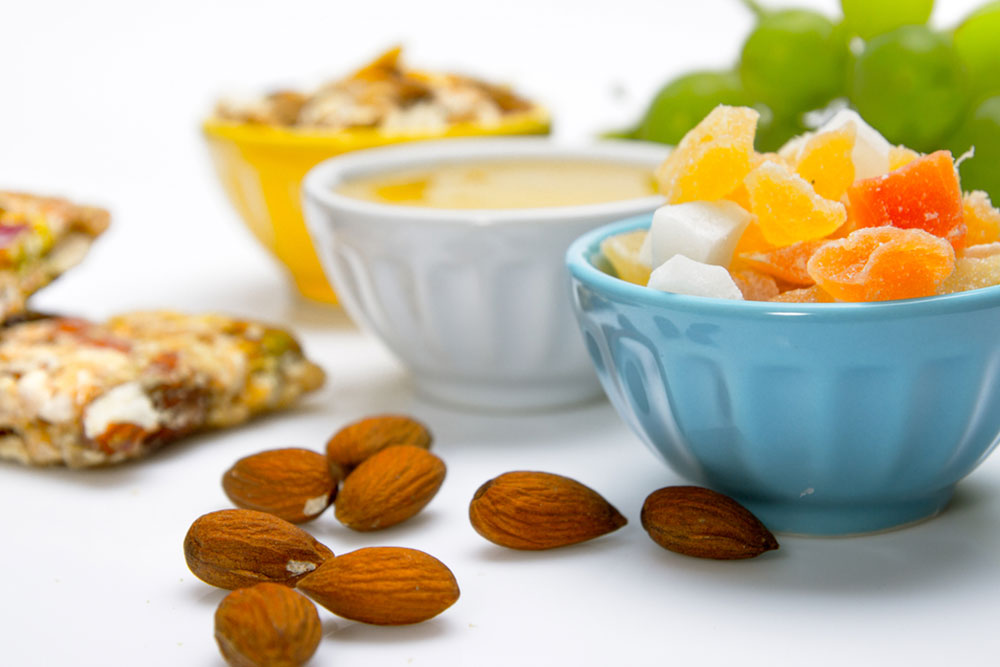Key Foods to Limit for a Healthier Heart and Better Cardiovascular Well-being
Learn comprehensive strategies to improve heart health by limiting specific foods high in saturated fats, trans fats, and sugars. Discover healthier alternatives to popular high-risk foods, and understand how dietary choices influence cardiovascular risk. This detailed guide offers practical tips and insights for maintaining cholesterol levels within healthy ranges, promoting cardiovascular well-being, and adopting a heart-conscious diet.

Key Foods to Limit for a Healthier Heart and Better Cardiovascular Well-being
Maintaining optimal heart health is a vital part of overall wellness, and diet plays an essential role in this. Cholesterol, a fatty substance naturally produced by the body and obtained from certain foods, is crucial for hormone synthesis and cell membrane integrity. However, an imbalance—particularly elevated levels of low-density lipoprotein (LDL) cholesterol—can lead to the development of plaque within arteries, increasing the risk of heart disease and stroke. Therefore, understanding which foods to limit is critical in reducing cardiovascular risks and promoting a healthier lifestyle. This comprehensive guide discusses four major categories of foods that should be consumed in moderation or avoided altogether for optimal heart health.
Full-fat Dairy Products: A Hidden Source of Saturated Fats
Many individuals favor rich, creamy dairy items for their taste and texture, but these foods can significantly impact cholesterol levels. Full-fat cheeses, buttery spreads, cream-heavy desserts, and whole milk products contain high levels of saturated fats, which can elevate LDL cholesterol—the 'bad' cholesterol associated with atherosclerosis and heart disease. For example, cheese varieties such as cheddar, Swiss, and American are particularly high in saturated fats and salt, which can contribute to hypertension and cardiovascular strain. Butter and cream often contain similar fats, making them less ideal for those focusing on heart health. Transitioning to low-fat or fat-free dairy options, such as skim milk, reduced-fat cheeses, and yogurt, can help maintain nutritional intake without compromising heart health. Incorporating plant-based milk alternatives like almond or soy milk further reduces saturated fat consumption.
Sugary and Baked Goods: The Sweet Saboteurs
Regular indulgence in candies, pastries, and cookies can unwittingly harm cardiovascular health. These treats are often loaded with refined sugars, trans fats, and saturated fats, all of which contribute to unhealthy lipid profiles. Excess sugar intake can lead to increased triglycerides, obesity, and insulin resistance—all risk factors for heart disease. Baked goods such as cakes, donuts, and biscuits are typically made with butter or hydrogenated oils that contain trans fats, which are notorious for raising LDL cholesterol and lowering HDL cholesterol—the 'good' cholesterol. To satisfy sweet cravings while protecting your heart, opt for homemade desserts using natural sweeteners like honey, maple syrup, or stevia, and select recipes that use healthier fats or no fats at all. Fresh fruits, nuts, and yogurt-based smoothies are excellent alternatives that provide sweetness without compromising cardiovascular health.
Fried and Fast Foods: The Culprits of Saturated and Trans Fats
Fast-food staples such as French fries, fried chicken, fried fish, and snack foods are notoriously high in unhealthy fats. The cooking oils employed—especially when reused—are often rich in saturated fats and trans fats, which contribute to plaque buildup in arteries. Deep frying also increases the caloric density of foods, promoting weight gain and increased cardiovascular risk. For a healthier approach, consider baking, grilling, or steaming these foods, and incorporate healthier oils like extra virgin olive oil or avocado oil when cooking. Oven-baked sweet potato fries or roasting vegetables with a splash of olive oil present delicious, heart-friendly alternatives. Small dietary shifts like decreasing fast-food intake and cooking at home can significantly improve cholesterol levels and overall heart health.
Trans Fats: The Hidden Menace in Processed Foods
Trans fats, primarily found in hydrogenated oils used in processed and packaged foods, are especially detrimental to heart health. They are known to increase LDL cholesterol while reducing HDL cholesterol, thereby accelerating the process of atherosclerosis. Common processed foods containing trans fats include microwave popcorn, frozen pizzas, non-dairy coffee creamers, margarine, and certain snack foods. Since trans fats are often labeled as partially hydrogenated oils, reading food labels carefully is essential. Avoiding products with these ingredients can considerably lower your risk of cardiovascular disease. Opting for whole, minimally processed foods and preparing meals from scratch ensures that trans fats are avoided altogether. Increasing intake of omega-3 fatty acids from sources like fatty fish, flaxseeds, and walnuts further supports heart health.
In summary, managing cholesterol involves a combination of dietary mindfulness, regular physical activity, and lifestyle modifications. Consulting with healthcare providers or registered dietitians can help develop personalized strategies suited to individual health needs, thereby fostering a heart-healthy lifestyle that minimizes risks and enhances quality of life.





